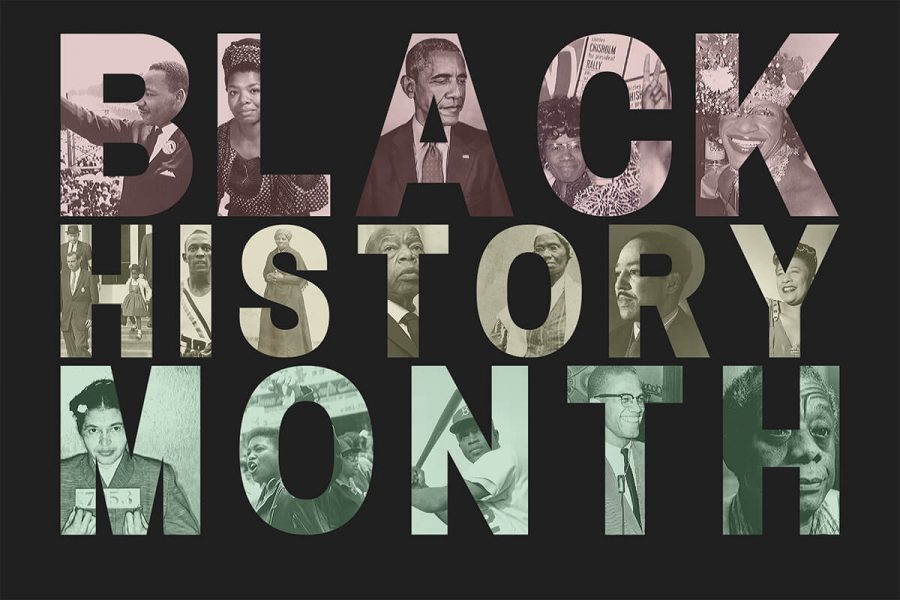Black History Month – Martin Luther, Rosa Parks, & Harriet Tubman
February 17, 2021
February is Black History Month. Civil rights activists Martin Luther, Harriet Tubman, and Rosa Parks helped to pave a path for contemporary African-Americans. Without their dedication to humanization regarding people of color, America would not be America today.
Martin Luther King Jr., an African-American male Minister, became one of the most famous civil rights activists known to our nation as he visibly fought for the rights of fellow African-Americans, which tragically resulted in his assassination. King was raised during the troubling times of racial segregation that restricted many rights of people like him. He was born in Atlanta, Georgia, and spent many of his prophetic years in Montgomery, Alabama. He led many boycotts, protests, and organizations specifically in hope of bettering America for those like him. His “I Have a Dream” speech and “Letter from Birmingham Jail” are both notably remembered and quoted as core documents of the civil rights movement of the 1960s.
Harriet Tubman was an African-American female abolitionist and political activist during the late 1800s. Tubman was born in Maryland and died in New York. She is well-known for being in charge of the “Underground Railroad” which was a safe-route involving spots and housing to aid in the freeing of slaves from southern slave-states. Her endless attempts to complete this mission caused her to endure so much loss, pain, and struggle, but she did end up succeeding. Although she was born into slavery, she wanted out for herself and many others to follow. Her efforts ended up saving more than 100,000 slaves who traveled the underground railroad.
Rosa Parks was an African-American female activist who participated in the civil rights movement. Parks and King were both influential individuals reigning at the same time, Parks became well known as she refused to give up her seat, which belonged to a white man. During the early to mid-1900s, racial segregation caused white and black people to not use the same amenities. They were simply split into two, commonly causing the one for “colored people” to be less luxurious or fortunate. There was no more room in the “colored people” section of the bus, so when she refused to stand and give up her seat for a white man, she was then thrown into jail. This situation sparked her passion for the “Montgomery Bus Boycott”, where African-Americans no longer rode the bus. This was a financial setback to all those affected by it. This passion of Parks’ revealed the beneficial presence of those like her as it was deemed as less.
Consider consulting History.com for more information on these heroic Americans.


